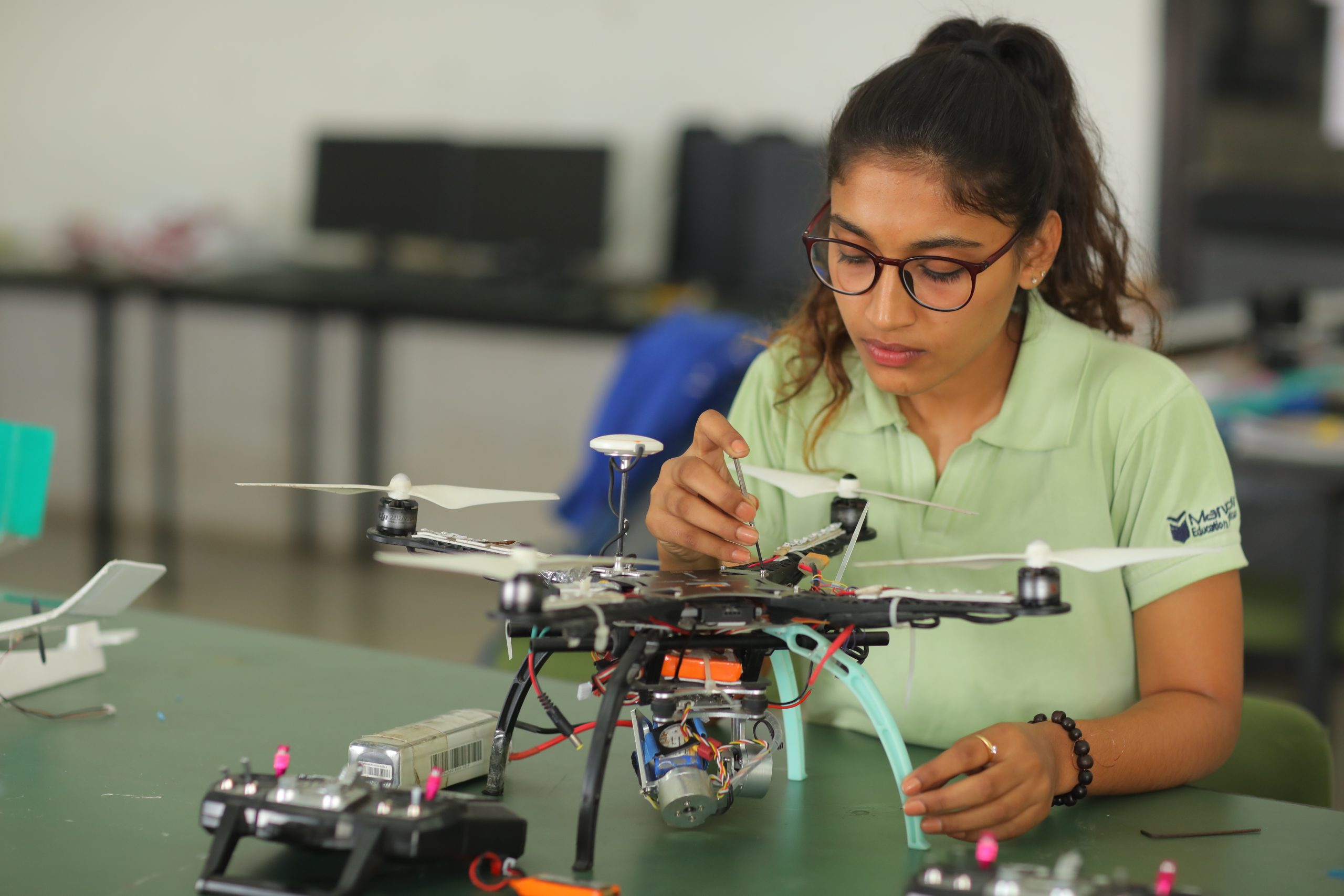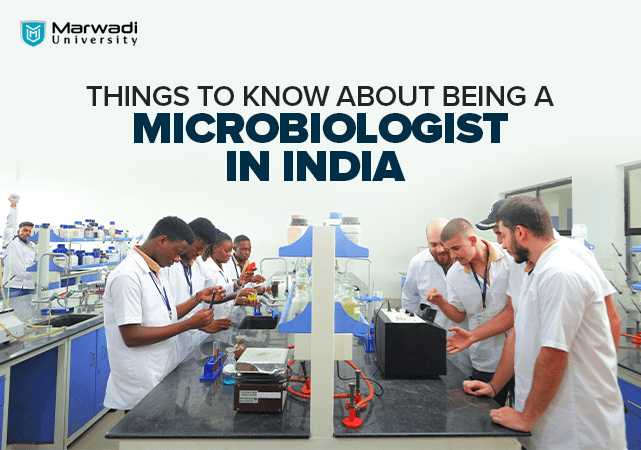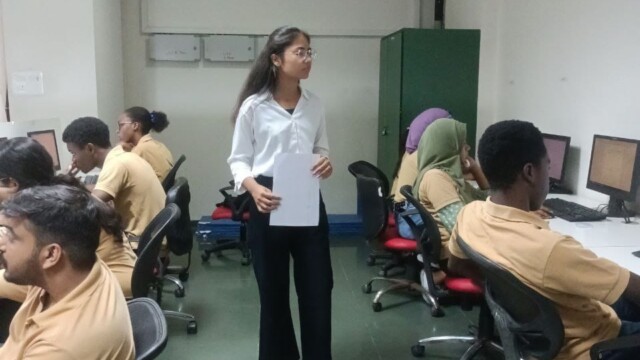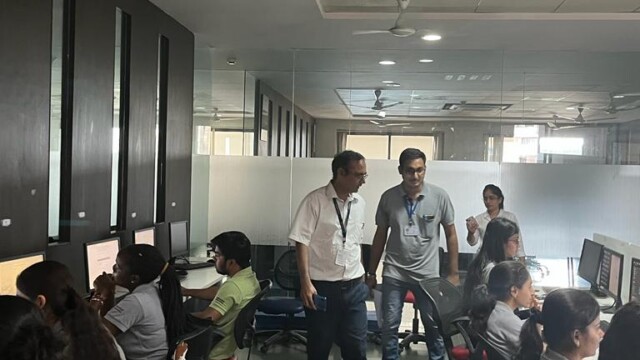A career as a microbiologist in India can be very rewarding. Microbiologists are trained to study microorganisms such as bacteria, viruses, fungi, and parasites, and their role in various fields including medicine, agriculture, and the environment. They use their knowledge to help improve human health, develop new drugs and treatments, and understand how microorganisms interact with their surroundings.
To become a microbiologist in India, you will need to earn a bachelor’s degree in microbiology or a related field, such as biology or biochemistry. You can then pursue a master’s or doctoral degree in microbiology, which will provide you with more advanced training and skills. Many microbiologists also choose to become certified by the National Academy of Medical Sciences or the Indian Association of Medical Microbiologists, which can improve their job prospects and advancement opportunities.
Microbiologists in India can work in a variety of settings, including hospitals, research institutions, pharmaceutical companies, and government agencies. They may also be employed in industries such as food and beverage production, cosmetics, and environmental consulting. Salaries for microbiologists in India vary depending on the specific job and employer.
Microbiology Career Options
Research Associate
A research associate provides critical technical support to research teams in order for projects to be completed effectively. They may even conduct tests proposed by their bosses on their own. Some research associates may also go out into the field to collect tiny organism samples for analysis.
Microbiologist
In a laboratory, a microbiologist studies and records infectious bacteria. They want to know how these organisms work in order to identify, prevent, and cure infectious diseases. They create novel medications and vaccines to protect humans from infectious diseases, and they frequently repeat trials to ensure that the data is correct. Completing the microbiologist course is one of the most common career options in India.
Pharmacologist
This is another career option after studying microbiology. Pharmacologists create and test medications to ensure their safety and efficacy. They may specialise in a particular field of medicine, such as veterinary medicine. A Doctor of Pharmacy (Pharm.D) or a PhD in pharmacology is required to become a pharmacologist. They may work in labs or clinical trials, where they examine the potency and side effects of medications on volunteers.
Ecologist
An ecologist investigates how plants and animals interact in their environment. They may be able to observe and report on the effects of building and other human activities on plant and animal life. They generate reports and make policy recommendations based on the data and analyses they collect and analyse. Ecologists may even visit construction sites to supervise the work, ensure that recommendations are followed, and research the effects on animal and plant life.
Food technologist
A food technologist inspects the food manufacturing process to guarantee that the food quality is acceptable and safe for consumption. They may also conduct food-related studies to ensure that labelling is accurate or that nutritional values are provided. Their research may be related to various food items and determining the optimum packing and preservation methods.
Since all these professions differ from each other, their pay also varies. If you are planning to become a microbiologist in India, then these were some of the most popular routes that you can go.
Microbiology is a highly competitive field, and in order to attract the proper chances, individuals must be well-qualified, trained, and highly talented. If you enjoy working in laboratories and behind the scenes in research departments, then microbiology is the job for you.
In order to pursue your career in microbiology, you will be required to complete graduation with B.Sc (Microbiology). At Marwadi university this course along with the postgraduate course M.Sc (Microbiology) if you are planning to study further in this prosperous field.
















 International Airport
International Airport  Railway Station
Railway Station  GSRTC Bus Port
GSRTC Bus Port 


